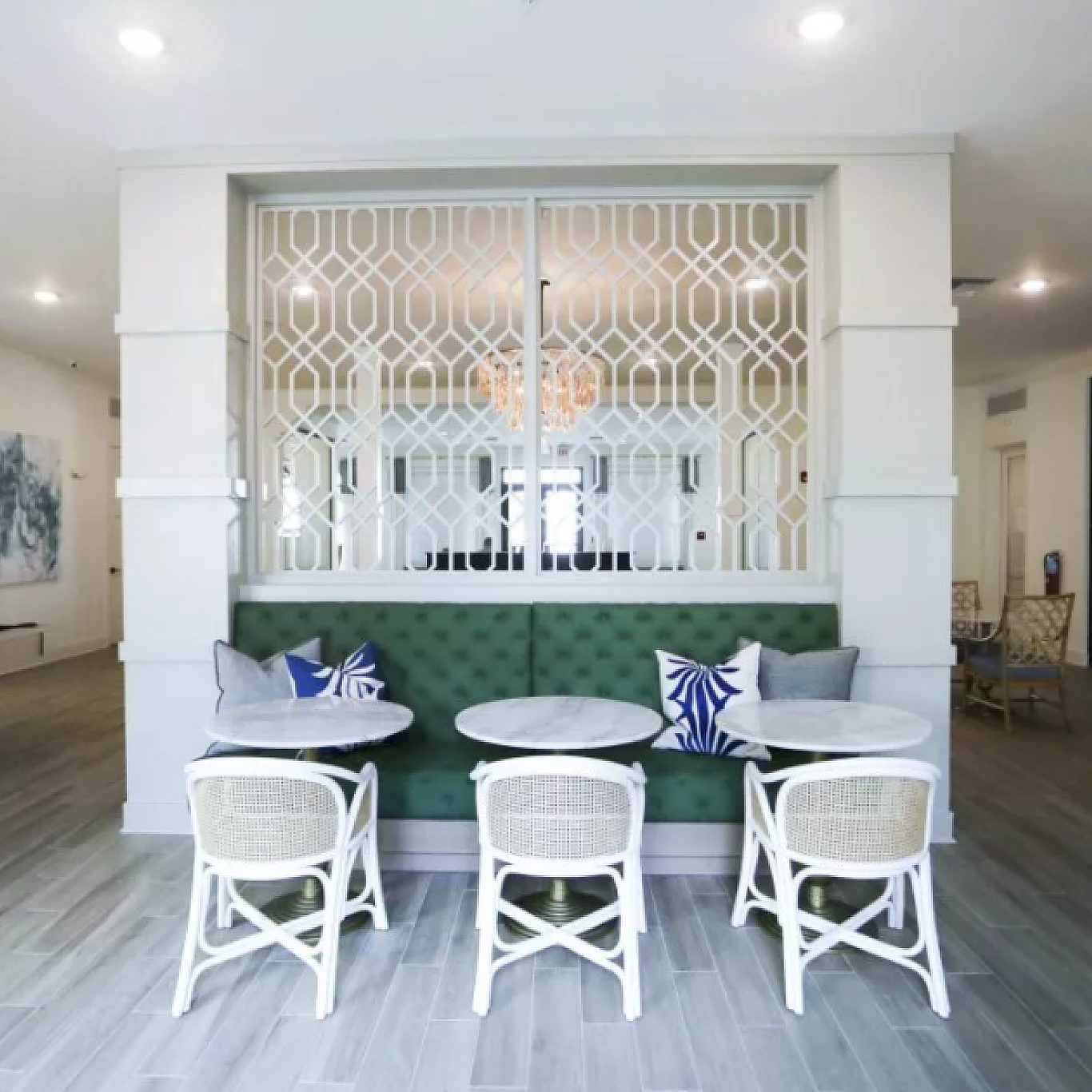Tampa Bay rents spike to never before seen highs
Press Release

By Ashley Gurbal Kritzer -
Real estate developer Anthony Everett has been concerned with Tampa Bay's rising rents for the better part of the last decade — long before affordable housing became one of the region's biggest issues.
Everett, the Central Florida director for Atlanta-based RangeWater Real Estate, started looking for more affordable multifamily projects in the early 2010s, shortly after the Tampa Bay real estate market began its post-Great Recession recovery. At a time when other developers were scouting sites for high rises in downtown Tampa and the Channel district, Everett sought out property in Tampa's North Hyde Park — a neighborhood, he figured, where he could build something a much broader demographic could afford.
He never would have guessed his properties' rents would soon rival those of their downtown counterparts.
When RangeWater — then known as Pollack Shores — started building apartments in North Hyde Park, its properties saw average rents between $1,200 and $1,300 a month. That quickly grew to $1,550; by the end of 2021, when RangeWater sold The Gray, average rents were over $2,200 a month.
"It has gone beyond what I could have imagined in my wildest dreams," Everett told the Tampa Bay Business Journal.
Cheap rent has long been heralded as one of the Tampa Bay region's greatest attractions for residents and corporations — particularly when compared to Northeastern metros like Boston and New York. But explosive population growth in the wake of the Covid-19 pandemic, coupled with rising land and construction costs, has sent rents in this region soaring to all-time records.
In 2020, the average rent in the Tampa Bay area was $1,715 per month — less than Boston's $1,950 or San Francisco's $2,212, according to the most recent data available from Apartment List and the U.S. Census Bureau. But in Tampa Bay, tenants are spending 36 percent of their household income on rent versus 25 percent in Boston and 23 percent in San Francisco. (The median household income in Tampa Bay in 2020 was $57,906; in Boston, it was $94,430 and $114,696 in San Francisco.)
Apartment sales that closed in 2021 show that multifamily investors see no end in sight for Tampa Bay's rising rents. RangeWater sold The Gray for more than $409,000 per apartment.
No market-rate apartment property in Tampa Bay ever traded for more than $400,000 per apartment before 2019; by the end of 2021, Manor Riverwalk in downtown Tampa had sold for more than $562,000 per apartment.
Apartment List in early January declared that rents in Tampa and St. Petersburg are among the fastest-growing in the nation. Tampa Bay’s two largest cities ranked second and third in the nation for fastest year-over-year rent growth, according to a new report from Apartment List. Tampa rents grew 32.6% between January 2021 and today, ranking the Big Guava just a smidge behind New York City, where rents grew 32.8%. In St. Petersburg, rents increased 31% year over year.
Finding a solution
In response to those big jumps in rent, Tampa and St. Petersburg city councils are looking at rent control as one possible solution. Tampa Mayor Jane Castor's administration has prioritized affordable housing and working with developers to add more units, whether through turning market-rate deals into mixed-income housing or building income-restricted, single-family homes on city-owned lots.
Everett's firm recently partnered with the city of Largo on The Rosery, an apartment complex where 44, or 20 percent, or its 224 units are set aside for affordable housing. RangeWater, he said, worked closely with the city to come up with a plan that worked for both entities and included several incentives, such as a density bonus for affordable housing.
"It’s all about making the numbers work," he said. "The costs are what they are, and no matter what the rents are, we have to solve for a return that allows the project to move forward."
Some cities across the U.S. have turned to inclusionary zoning policies to mandate that developers build affordable housing. But Everett cautions against that approach; in his experience, when cities use inclusionary zoning, developers shy away from projects. That creates the opposite of the desired effect: When the supply of new housing is limited, rents rise even more.
The same is true of a construction moratorium; Tampa City Council floated a multifamily moratorium in early 2021. Pasco County has one in effect.
"This affordability issue — I’ve been worried it’s hit a crisis stage," Everett said. "We’re reaching a point where residents are not renting because they can’t afford it."
Read more at Tampa Bay Business Journal here.